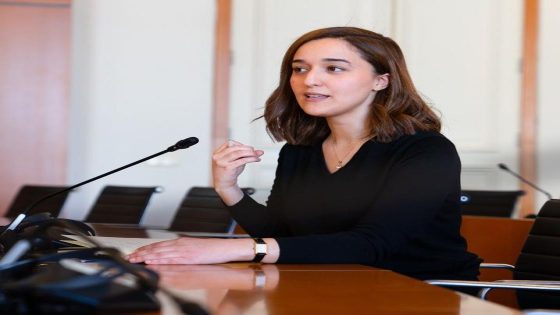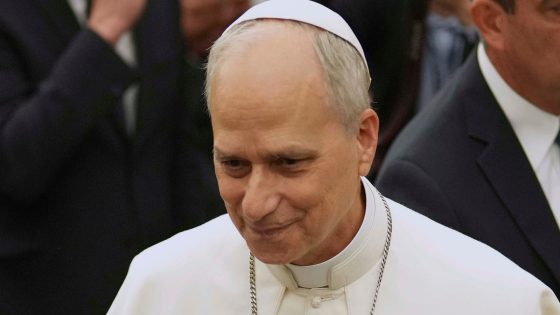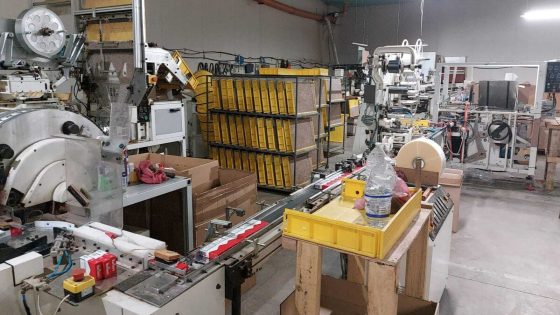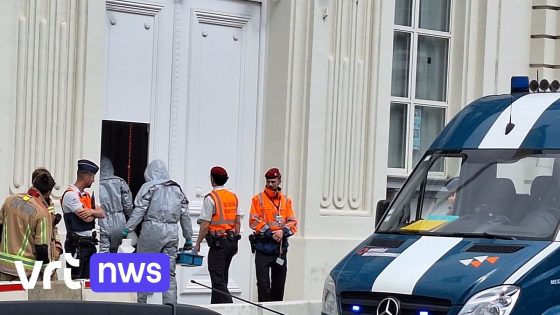On 2025-06-17 19:19:00, political tensions surfaced in Brussels as Open VLD politician Belguenani voiced concerns over collaborations within the Brussels parliament. The debate centers on the growing cooperation between traditional parties and extremist groups, raising questions about the future of political alliances in Belgium’s capital.
- Belguenani ondersteunt culturele versterking van buurten
- Open VLD weigert samenwerking met extreemlinks
- Grenzen tussen traditionele en extreme partijen vervagen
- Busselen betreurt Open VLD's inconsistente houding
- PTB/PVDA benadrukt mandaat voor sociale samenwerking
- Busselen roept op tot inhoudelijke samenwerking
Belguenani supports cultural initiatives that enhance neighbourhood vitality and tourism but opposes political resolutions co-signed with far-left parties like PTB/PVDA. This stance highlights a broader unease about normalizing partnerships across the political spectrum. How will this affect governance in Brussels? And what does it mean for cultural and social policies?
These developments prompt a closer look at the balance between political pragmatism and ideological boundaries in Brussels’ complex political landscape.
Is the blurring of lines between mainstream and extremist parties a threat to effective governance, or a necessary adaptation in Brussels’ diverse political environment? Belguenani’s position reflects concerns about:
- The normalization of alliances with extremist groups on both ends of the spectrum.
- The risk of political deadlock affecting cultural and social development.
- The contrast between regional and local political strategies within Open VLD.
Looking ahead, Brussels politicians must reconcile ideological differences to ensure that cultural and social policies thrive despite political challenges. Will cooperation overcome division, or will polarization deepen? Citizens and stakeholders alike should stay engaged as these debates unfold.

































